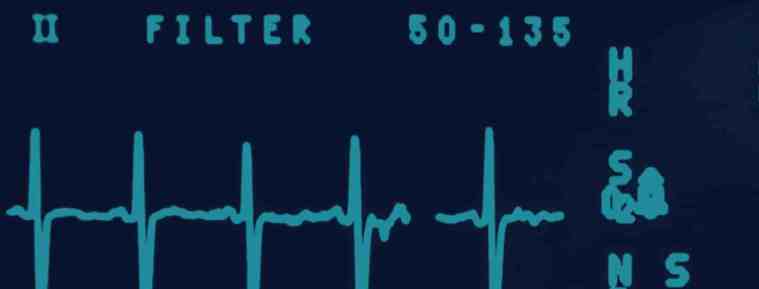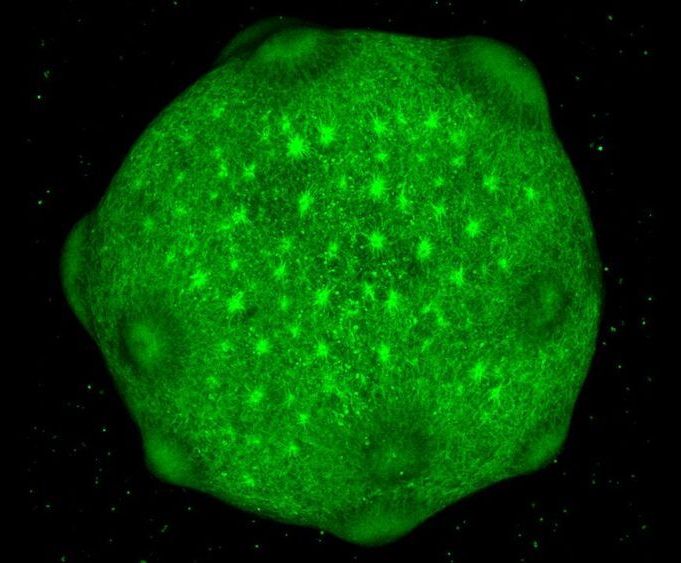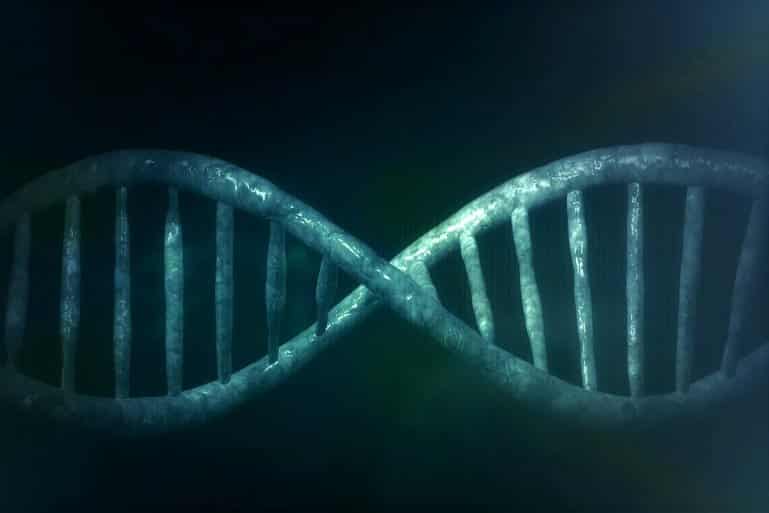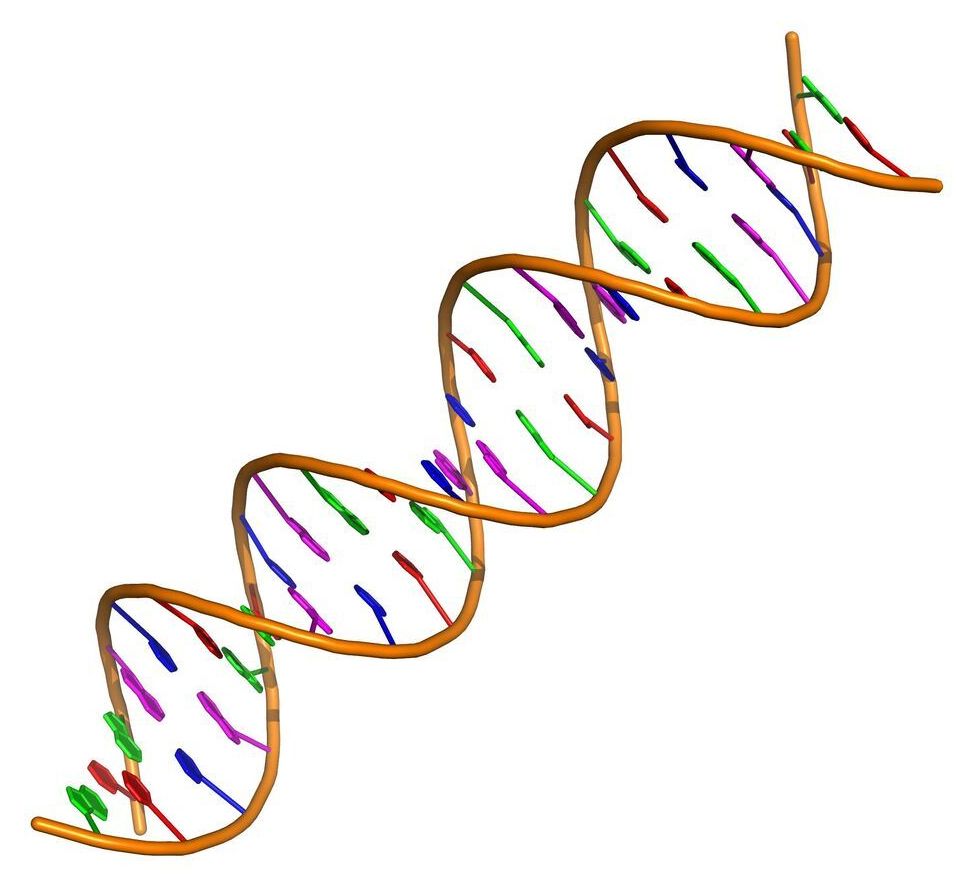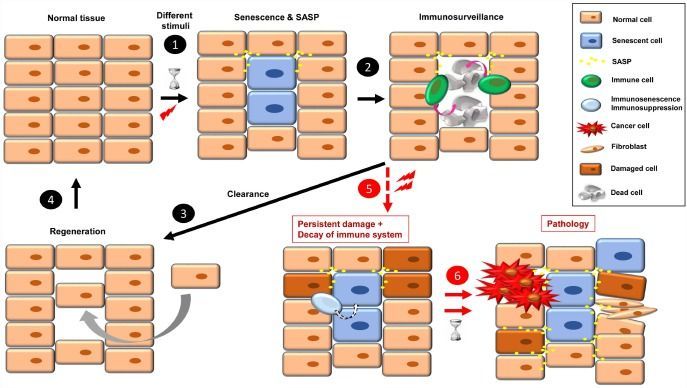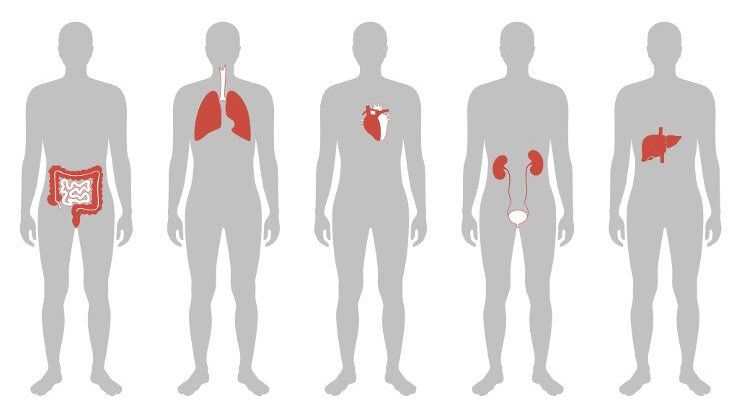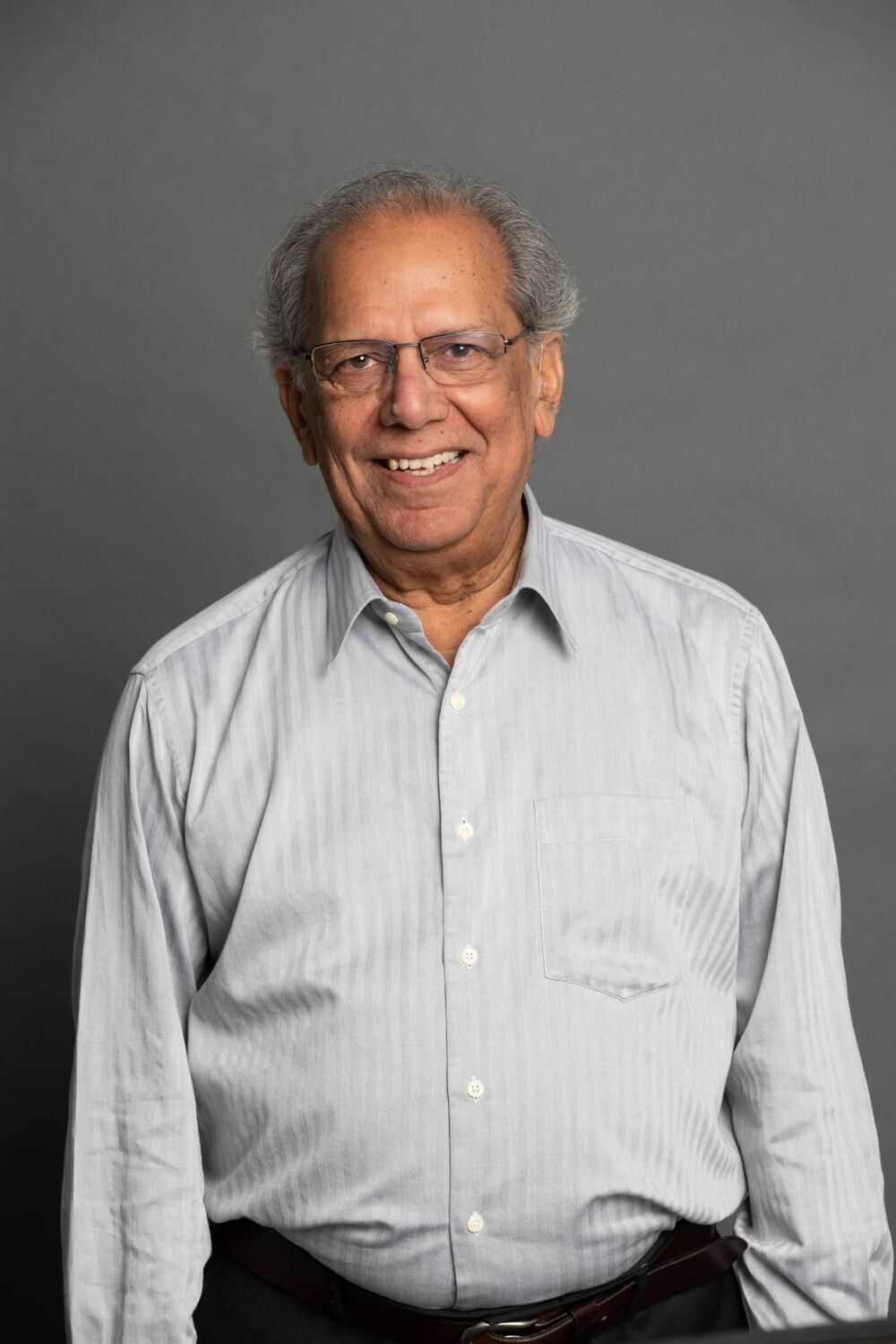One wearable emerged victorious over the others in each of the three categories. I’m including the runners-up for context and to provide an alternative if you’re not convinced by my top pick.
Affiliate Disclaimer: Longevity Advice is reader-supported. When you buy something using links on our site, we may earn a few bucks.
I came to the human life extension community not as a spanner (initially), biohacker, or a young person filled with existential dread, but as a person obsessed with quantified self. As a teen, I used pencil and paper to track my sleep and my food intake. As a college student, I wore a pedometer and tracked my daily steps on a spreadsheet. In 2014, Fitbit released the Fitbit Force, and since then I’ve had some version of top wearable on my wrist, continuously tracking what I do.
The feedback I’ve gotten from these devices is exceptional. I know that I gain, on average, 1.7 pounds before every menstrual cycle, and that I lose that weight about a day before it’s finished. I know that I need about seven hours and 40 minutes of sleep every night to feel well-rested. I know that if I get at least 40 minutes of cardio on one day, the following day my resting heart rate is a beat or two lower than my overall average. Knowing my body this well puts me in a great place to know if something is going wrong, if I need to reconfigure my lifestyle to push my metrics in the right direction.
